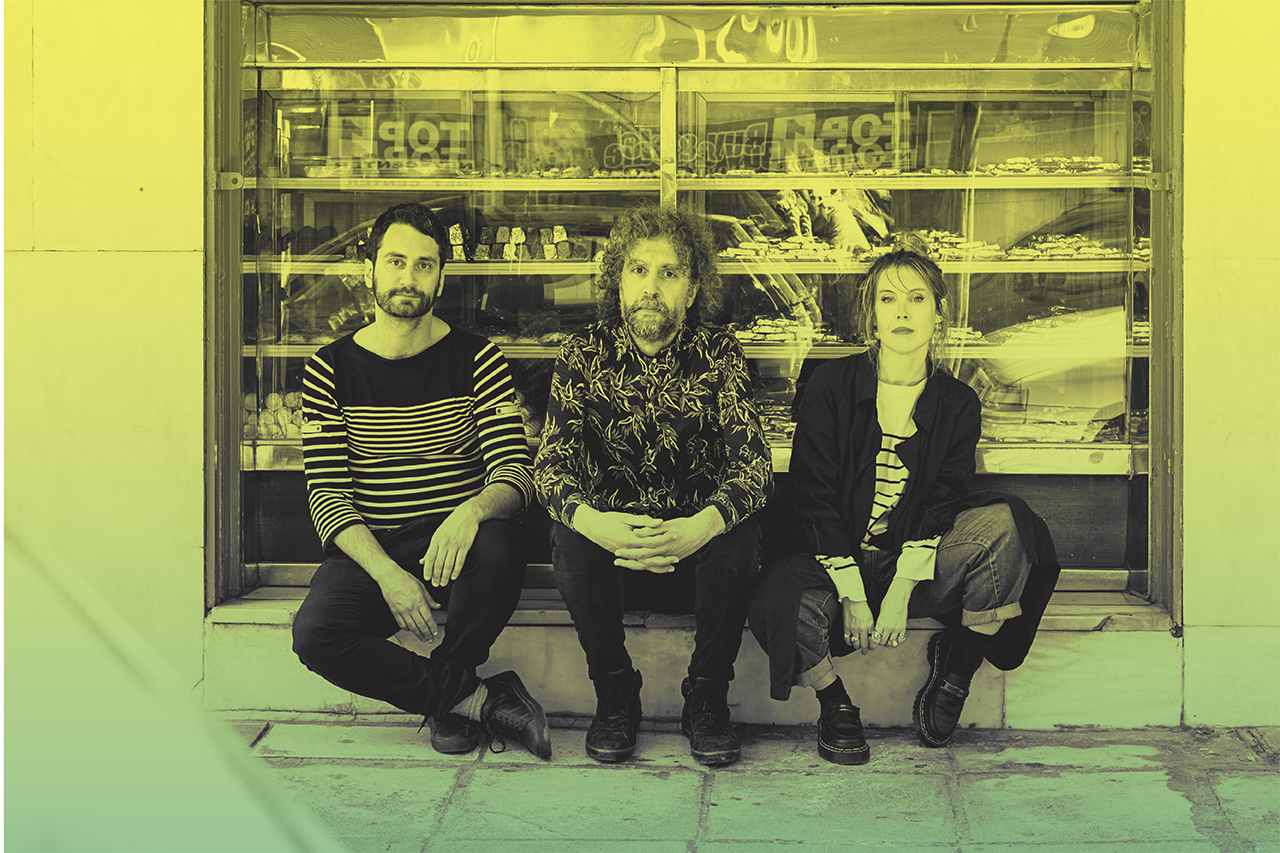Contact
ADDRESS
STAVROS NIARCHOS FOUNDATION
CULTURAL CENTER
364 Syggrou Avenue, Kallithea
TEL.
Box Office:
+30 213 0885700
Box Office email:
boxoffice@nationalopera.gr
Daily 09.00-21.00
info@nationalopera.gr
Register to our Newsletter


Works by Mikis Theodorakis, Marc Blitzstein, Milton Babbitt, Kurt Weil
Anastasia Kotsali mezzo-soprano
Giorgos Konstantinou piano
Konstantinos Zigkeridis accordion
Ticket prices:: 12€, 15€
Students, children: 10€
Concert
Mikis Theodorakis cycle
Greek National Opera Alternative Stage
Stavros Niarchos Foundation Cultural Center
Starts at 19.30 | 

A special concert dedicated to the leading Greek composer Mikis Theodorakis’ emblematic work The Hostage and the great American composer Marc Blitzstein’s political songs is coming to the Greek National Opera Alternative Stage at the Stavros Niarchos Foundation Cultural Center on Sunday 26 March 2023, at 19.30, as part of the three-year Mikis Theorodakis cycle.
The disparate visions of two composers with the revolutionary drive as a common reference, Mikis Theodorakis and March Blitzstein (whose work is presented at the Greek National Opera for the first time), are highlighted at the concert of 26 March by the artistically restless duo of mezzo-soprano Anastasia Kotsali and accordionist Konstantinos Zigkeridis, accompanied in this case by pianist Giorgos Konstantinou.
The concert’s programme puts together a selection of rare songs by two composers, who, although they may have followed different musical paths, are connected by their common passion about political music theatre. Brecht, Anglo-Saxon sense of humour, sarcasm, tenderness, as well as satirical verses tactfully commenting on the socio-political struggles draw unexpected connections between their works.
Political music theatre in Greece was defined by the oeuvre of Mikis Theodorakis, who put his mark on it at the beginning of the 60s, when, in the heart of the Cold War, he decided to set to music the songs from Irish poet Brendan Behan’s play The Hostage, inspired by the liberation struggle of the Irish people against the British, for the Greek troupe of director Leonidas Trivizas. It was the first time that Theodorakis set to music works of an Anglo-Saxon poet, in a translation by Vasilis Rotas, released concurrently with the work’s first English edition. Legendary songs from this play, such as the famous “Laughing Boy”, were connected early on with Greek political struggles, initially in the aftermath of the anti-war activist Grigoris Lambrakis’ murder and, later, during the military dictatorship, being recognised to our day as symbols of social militancy.
During the same period, across the Atlantic, with the breath of the McCarthyist dystopia still hot on his neck, the most pro-Soviet of American composers of art music (at least in US terms), Marc Blitzstein, put forth his own vision of political music theatre, forming a distinctive language in works such as Reuben Reuben and Sacco and Vanzetti.
The programme of this special concert attempts to draw connections between these singular versions of Greek and American political theatre mixing Theodorakis’ songs with rare excerpts of works with verses and music by multitalented Blitzstein (such as Parade, No for an Answer, Golubchik, Juno), and pieces by the American music pioneer Milton Babbitt, as well as by Bertolt Brecht and Kurt Weil, whose Threepenny Opera was adapted by Blitzstein for the American music theatre in the 1950s, producing a rendition that was widely used even in the pop versions of Bobby Darin and Louis Armstrong.
A special place among the concert’s works is held by Blitzstein’s legendary music theatre piece The Cradle Will Rock (1937), an aggressive, anti-capitalist allegory, whose premiere amidst labour unrest and directed by twenty-two year old Orson Welles, was one of the biggest theatrical scandals of the 1930s. The work’s much-awaited turbulent premiere was later on used as the basis for Welles’ autobiographical script for his film of the same title released in 1937, as well as for Tim Robbin’s film of the same title that was released in 1999.
STAVROS NIARCHOS FOUNDATION
CULTURAL CENTER
364 Syggrou Avenue, Kallithea
Box Office:
+30 213 0885700
Box Office email:
boxoffice@nationalopera.gr
Daily 09.00-21.00
info@nationalopera.gr